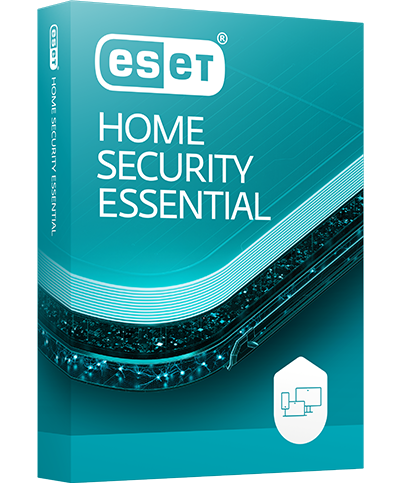
Protecting personal and business data from online threats requires a well-rounded security solution. With numerous options available, selecting the right software can be challenging. The ideal security program should provide inclusive protection against malware, phishing, and other cyber risks while maintaining system performance. Here are the factors you should look into when choosing a software for internet security.
Inclusive threat protection:
A good security solution should defend against viruses, ransomware, spyware, and phishing attacks. Look for software that offers real-time scanning, automatic updates, and behavioural analysis to detect and prevent emerging threats before they cause harm.
Firewall and network security:
An effective firewall monitors incoming and outgoing network traffic, blocking unauthorised access. A strong security suite should include a built-in firewall to protect against hackers attempting to exploit network vulnerabilities.
Secure browsing and anti-phishing features:
Many cyberattacks originate from malicious websites or fraudulent emails. Security software should offer web filtering to block unsafe sites and anti-phishing tools to detect fake login pages, reducing the risk of identity theft.
Performance and system impact:
Some security programs can slow down devices due to high resource consumption. Choose software that provides strong protection without affecting system speed or performance. Many security providers offer free trials, allowing users to test performance before committing.
Check compatibility with your devices:
Not all security software works on every operating system. Before purchasing, ensure the software is compatible with Windows, macOS, or any mobile devices you use. Some providers offer multi-device licences, allowing installation on multiple platforms for complete protection.
Additional security features:
Many internet security suites include extra tools such as VPNs, password managers, and parental controls. While these features improve protection, they should not compromise the software’s core security functions. Selecting software with useful additional features can improve overall online safety.
Consider ease of use:
User-friendly software with an intuitive interface makes it easier to manage security settings. A well-designed dashboard should provide clear alerts, scan reports, and security recommendations. Features like one-click scanning and automatic threat resolution simplify protection for both beginners and advanced users. Internet security software is available in both free and paid versions. While free options provide basic protection, premium versions offer improved security features.

